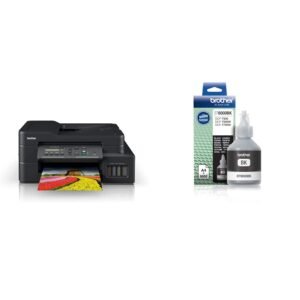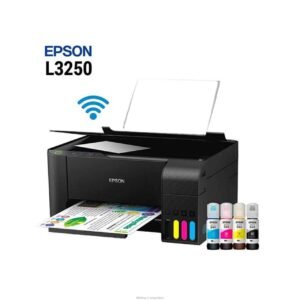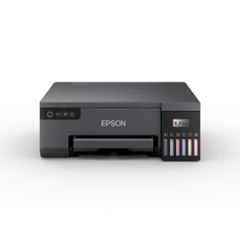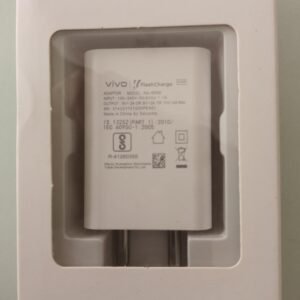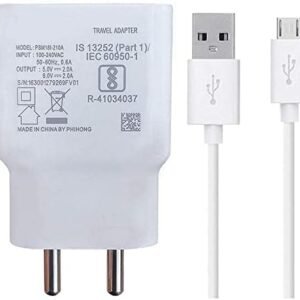A digital product is a product that exists in an electronic form, rather than a physical one, and is delivered or accessed through digital means. These products are intangible and typically require the use of electronic devices like computers, smartphones, or tablets to be accessed or used. Digital products can be downloaded, streamed, or accessed online.
Characteristics of Digital Products:
- Intangible: Digital products don’t have a physical presence, which means they are not bound by space or time.
- Deliverable via the internet: These products are delivered electronically, typically via downloads, streams, or online platforms.
- Scalable: Since they don’t require physical storage or shipping, digital products can be sold to an unlimited number of customers.
- Instant Access: Once purchased, digital products can be immediately accessed, downloaded, or streamed.
Common Examples of Digital Products:
- Software: Programs or applications for computers and mobile devices (e.g., Microsoft Office, Adobe Photoshop).
- E-books: Digital versions of printed books, available for reading on devices like Kindles, tablets, or smartphones.
- Music & Audio Files: Digital songs, albums, and sound effects that can be purchased and downloaded from platforms like iTunes, Spotify, or SoundCloud.
- Online Courses and E-learning: Educational materials in the form of videos, quizzes, and written content, which are accessed through learning platforms like Udemy or Coursera.
- Subscriptions: Access to exclusive content, services, or products, typically through monthly or annual payments (e.g., Netflix, Spotify, or premium news services).
- Digital Art & Graphics: High-quality images, illustrations, icons, and other graphic assets sold online.
- Templates: Ready-to-use digital files like website templates, PowerPoint presentations, or social media graphics.
- Video Content: Movies, TV shows, or tutorials available for purchase or streaming (e.g., Netflix, YouTube, or digital movie rentals).
Advantages of Digital Products:
- No Shipping Costs: Because they don’t require physical delivery, digital products are often less expensive to distribute.
- Global Market Reach: Sellers can reach customers worldwide instantly.
- Automation: Sales of digital products can be automated, with delivery happening through an online platform without direct involvement from the seller.
Disadvantages:
- Piracy and Copying: Digital products can be easily copied and shared illegally.
- No Physical Tangibility: Some customers prefer physical products for the tactile experience they offer.
Would you like to know more about a particular digital product or its market?








